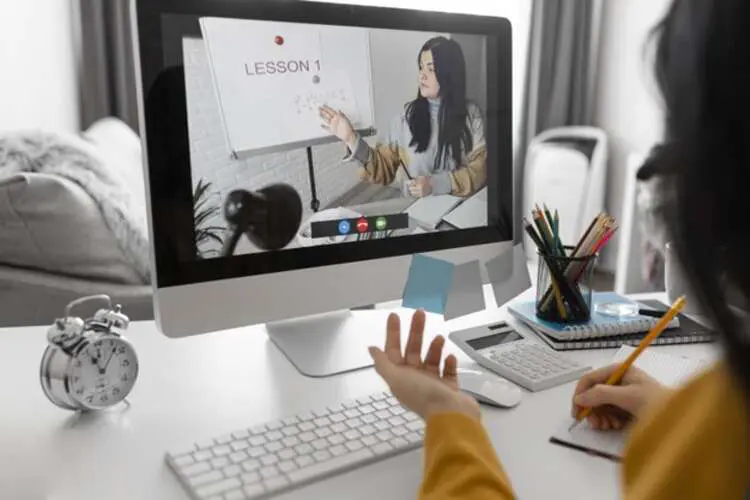The world is facing a global health crisis that has transformed education. Many institutions have shifted to digital or virtual learning solutions to ensure that education remains constant and uninterrupted.
But for international students, it’s very clear that there are obvious disadvantages to learning remotely. The transition from traditional face-to-face learning to virtual classes has significant effects on the way international programs are delivered.
It’s disadvantageous for international students in the sense that the cultural growth, travel, exploration and independence they used to practice before have been reduced. Most of their activities are done online with a small two-dimensional screen, where there is very little room to really experience student life.
Remote learning still carries many benefits but in real-life practice, it’s very difficult to get international students on board with virtual classes. Imagine having to go through rigorous application processes, scholarship applications, and years of planning, only to end up studying in a corner of their own room.
Still, virtual learning is transforming the way international students learn and experience student life. With that, it’s important to know how to strike a balance to ensure that international students can still experience world-class education without compromising their health, safety, and social connections.
MSM Unify Partners with Intercell To Boost Student’s Virtual Learning
Adjusting to Different Time Zones
Perhaps the most astounding challenge to virtual learning is conducting lectures at a fixed time. Before the pandemic, students would normally attend class in person, and they would have a fixed schedule for each class.
International students come from all parts of the globe. The daytime in China may be nighttime in the United States or late noon in India.
In this case, asynchronous virtual learning is a better solution. Another solution that educators have used is to pre-record lessons and send them to the university’s e-learning platform or portal. Students can access them anytime anywhere.
The only downside to not having live lectures is that the students are not able to ask questions and raise concerns immediately. Exchange of information from instructor to student is important for learning yet, with pre-recorded lessons, this opportunity is limited.
Internet Connectivity and Restricted Content
Not all countries in the world are blessed with a fast and stable internet connection. Not all students have access to reliable internet services.
Not a lot of international students are privileged enough to enjoy constant high-speed internet and Wi-Fi at home. Or, if they were unable to get home before travel restrictions were put in place, they might be staying somewhere with poor internet connection.
Aside from that, students may be unable to access a link or a piece of information because those information or websites are either censored or restricted in their home countries.
A lot of these issues are raised especially when discussing socially, historically, and politically sensitive topics. National governments in each country have implemented actions that restrict what information their citizens can access. This makes it difficult for the students to research issues regarding history, politics, and society in general.
Fortunately for most international students, virtual learning is still a temporary fix, and schools and borders have slowly been easing up to allow the entry of international students. For now, it’s always best for everyone to remain safe without compromising the rights of students to learn.
Only time can tell if virtual learning will be part of a new norm or just a temporary fix. Feed your information needs by diving into our resources here on MSM Unify overseas education consultancy.



























